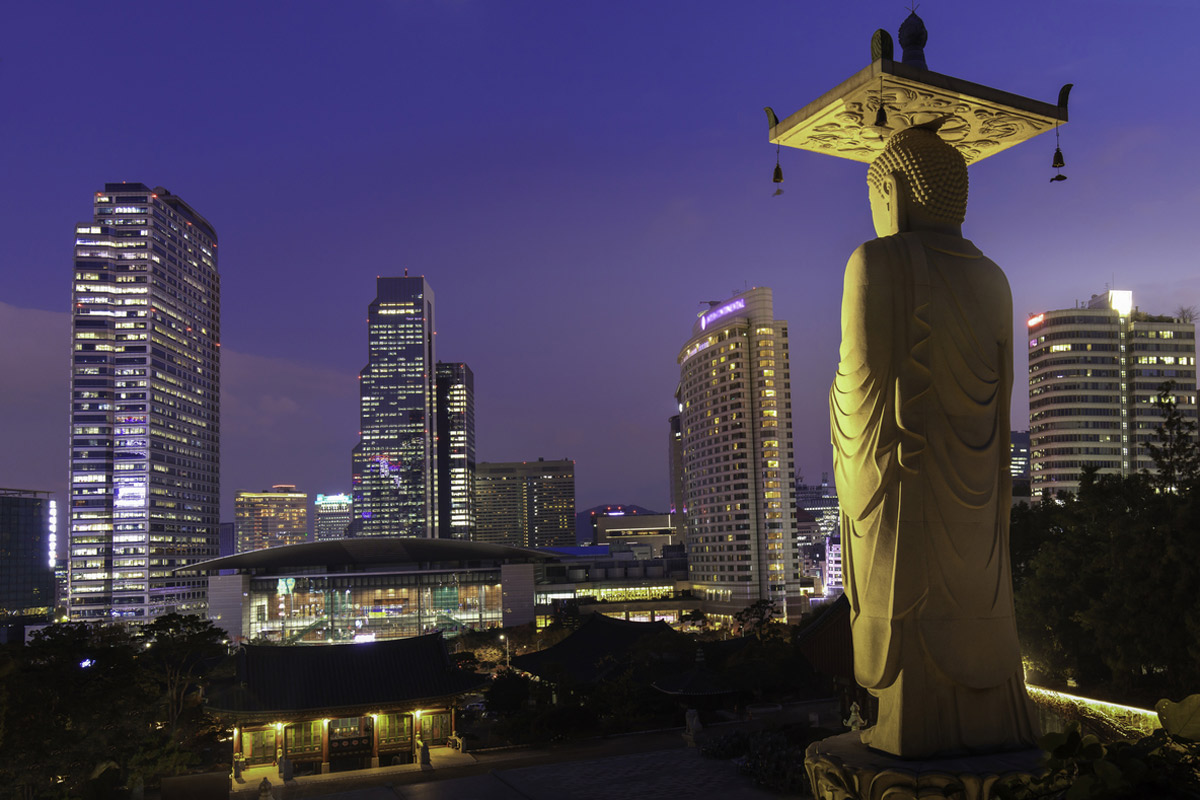The East Asian country will hold a summit with 48 African nations in Seoul this week.
This week, South Korea will host 48 African nations and delegations at a summit in Seoul, seeking to boost trade, investment, and diplomatic ties. The 2024 Korea-Africa Summit will be held under the theme “The Future We Make Together: Shared Growth, Sustainability, and Solidarity.” Key topics include critical minerals, as the African continent holds vast resources, such as cobalt, gold, or platinum. According to Cho Tae-yul, chairman of the summit, the African Continental Free Trade Area encompasses 1.4 billion people and a combined GDP of $3.4 trillion, spread over 54 countries, presenting a major market and an attractive trading partner. Several agreements are expected to be signed during the summit and side events.
High-Tech – Low Mining
South Korea’s high-tech industry is fueled by critical minerals needed to manufacture semiconductors, electric vehicles, and other modern products. It recently announced a major investment of $19 billion over the next years in its semiconductor industry. However, the East Asian country is highly dependent on imports as it lacks natural deposits and is continuously trying to diversify its supply chains. Just last month, a South Korean company secured rights to three rare earth mines in Vietnam, for example.
The Race for Africa’s Resources
However, South Korea is not the only country vying for influence in Africa. The European Union and the United States have announced plans to source more critical minerals from the continent to diversify their supply chains away from industry giant China. Yet, the People’s Republic is also ramping up investments in Africa through the Belt and Road Initiative, under which China has already spent over $1 trillion in projects worldwide. The quest for Africa’s resources has also received criticism: an article in the journal Resources Policy argues that it produces significant socio-ecological impacts for communities close to mineral deposits and threatens the continent’s biodiversity. The authors advocate sustainable and responsible mining in Africa to prevent these issues.
Photo: iStock/kamponwarit


